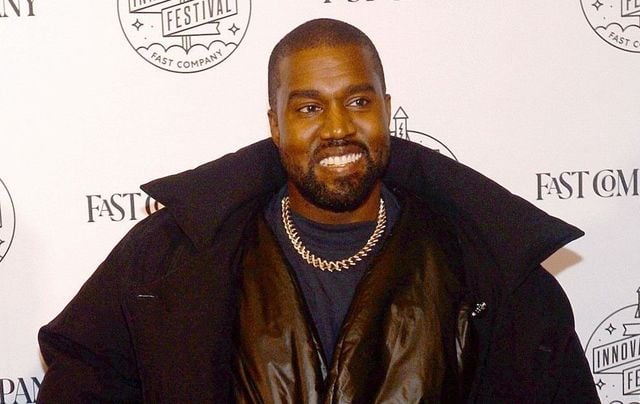The rapper Kanye West has legally changed his name to "Ye," but what the artist formerly married to Kim Kardashian might not know is that "ye" is a word with many uses in Irish English (Hiberno English).
Kanye West, 44, has officially changed his name to Ye for "personal reasons," according to the communications officer at the Los Angeles Superior Court.
The Grammy-winning rapper had already been using the name on Twitter and elsewhere.
In 2018, just after the release of his album "Ye," West tweeted "The being formally known as Kanye West. I am YE." Now he's made it official.
the being formally known as Kanye West
I am YE
— ye (@kanyewest) September 29, 2018
As well as being a shortened version of his given name, Kanye Omar, Ye also has a religious meaning for the rapper. In 2018 he said in an interview "I believe 'ye' is the most commonly used word in the Bible, and in the Bible it means you. So it's I'm you, I'm us, it's us,"
"It went from being Kanye, which means the only one, to just Ye being a reflection of our good, our bad, our confused, our everything."
Read more
What does ye mean to the Irish?
Oddly enough, the Irish English use of the word "ye" is quite the same. Ye in Hiberno English is a personal pronoun that equates to you plural. It's usually used in speech but more and more is used in Irish print, usually for emphasis.
The Irish dictionary site, Teanglann, give examples of use such as "Where were ye?", "It is not ye I want, or "How d’ye do?"
Other forms of the slang ye would be youse or yiz.
On his blog, Stan Carey, the scientist and linguist point out that "Centuries ago the language had singular thou and thee, plural ye and you. The numerical distinction then changed to one of register: thou and thee for familiar use and for speaking to children or people of lower social standing; ye and you for marking courtesy or respect.
Gradually ye and you shifted to the default position, supplanting thou and thee, which were marginalised to regional, religious, and archaic use. Then ye began to wane, for a variety of reasons, until you had taken center stage as the pronoun of choice in singular and plural uses in all registers – but not all dialects.
Hiberno-English is one dialect where ye is found."
So there ye have it! What's left to say but... How are ye, Ye?




Comments